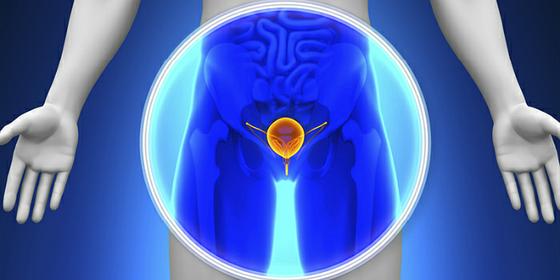Summary: Technological advances may lead to the possibility to detect diseases on a nanometric scale, even before the apparition of the symptoms. And that is what a group of scientist at the Icahn School of Medicine at Mount Sinai, New York, are about to achieve along with IBM through a laboratory chip, or “lab on a chip” capable of detecting prostate cancer before the first symptoms of this disease have manifested. The investigation, which has been recently published in the Nature Nanotechnology mag
Technological advances may lead to the possibility to detect diseases on a nanometric scale, even before the apparition of the symptoms. And that is what a group of scientist at the Icahn School of Medicine at Mount Sinai, New York, are about to achieve along with IBM through a laboratory chip, or “lab on a chip” capable of detecting prostate cancer before the first symptoms of this disease have manifested.
The investigation, which has been recently published in the Nature Nanotechnology magazine, points out that this technology is capable of separating biological particle of up to 20 nanometers of diameter, and on that scale it is possible to enter to the DNA, virus and exosomes. When the particles are separated, it is possible to analyze them for the detection of possible diseases before the symptoms affect the patient, precisely in the stage when the treatments have more positive results.

Recently, the smallest bio-particle that could be separated through lab-chip were 50 times bigger. For example, the separation of tumor cells of other biological components.
In the current world of precise medicine, the exosomes have the function of biological markers, useful for the diagnosis and prognosis against malignant tumors. These exosomes are liberated in easy access body fluids, such as urine, saliva or blood. Therefore, these chips represent a very useful bio-medical tool for less invasive liquid biopsies that allow to see the origin and nature of a certain type of cancer.
The laboratory-chips, or as they are known in the scientific world as "lab on a chip”, consist in a single silicon chip, with all the necessary compressed processes to analyze a certain disease, the same way as a disease is analyzed in a normal biochemical laboratory.
Due to this, it has become a promising resource to make medical diagnosis, because of its speed, portability and easiness that provides to scientific investigation that requires small samples for early detection of diseases.
The details of this investigation comes at the same time with other technological advance that involves the use of chips in the world of medicine, but in this case with aesthetical medicine since it was released to the market the first mammary implant with 0.8 millimeters’ chip with a 8 years lifespan. This chip looks to prevent further complications after the surgery.
The Q Inside, the name of the implant, contains 15 digits’ identification number that allows a radio frequency reader to detect any complication, identifying possible temperature changes and other data in real time.